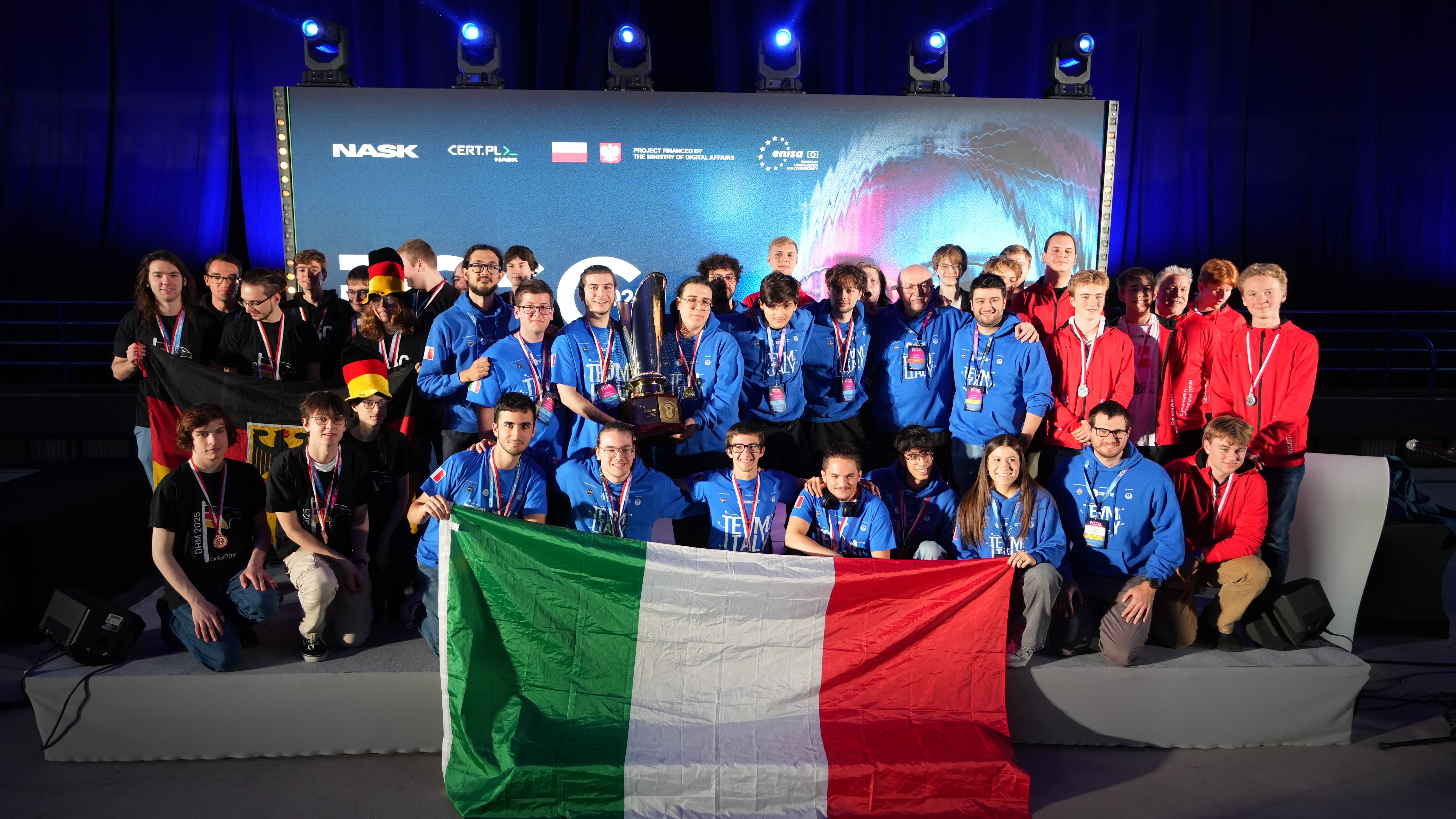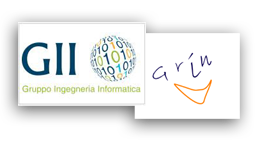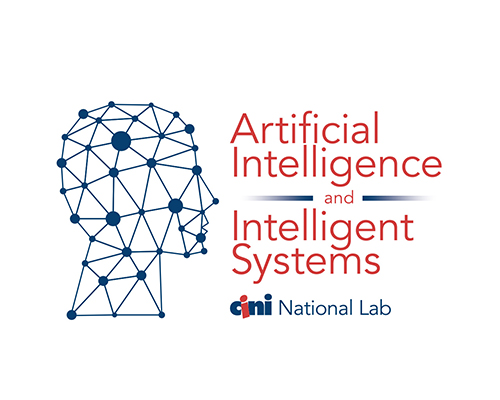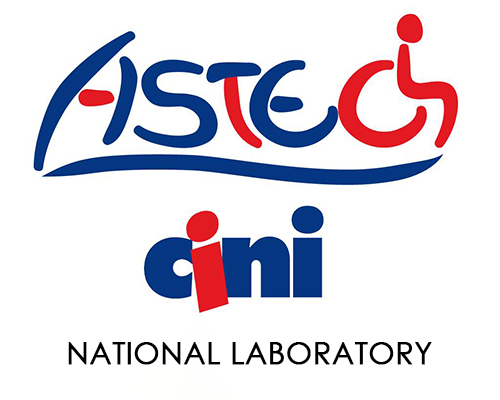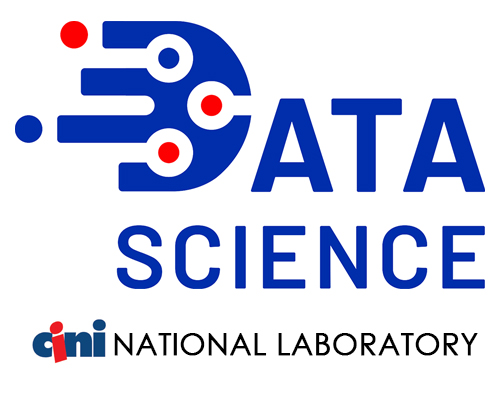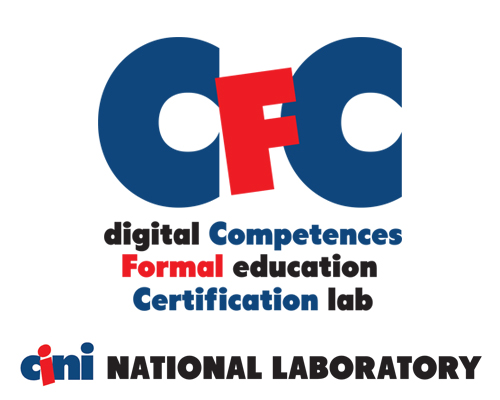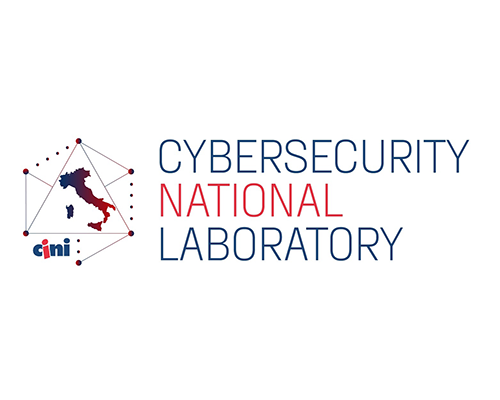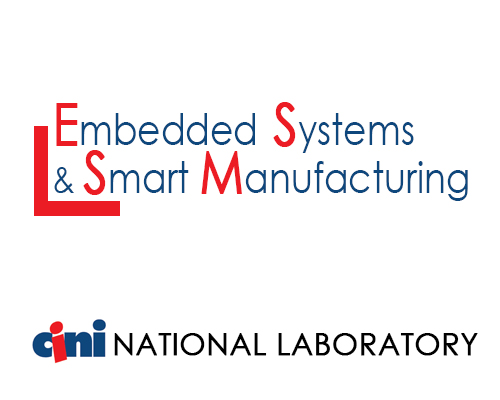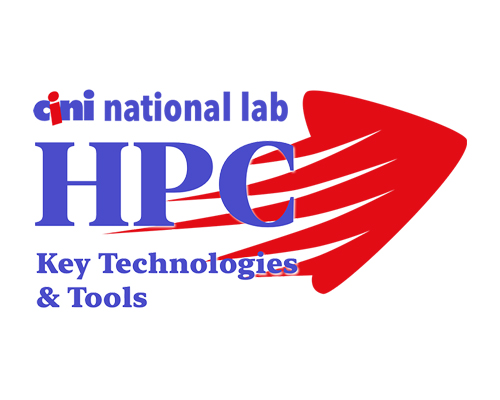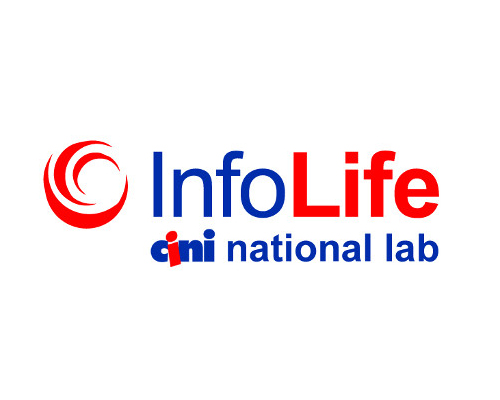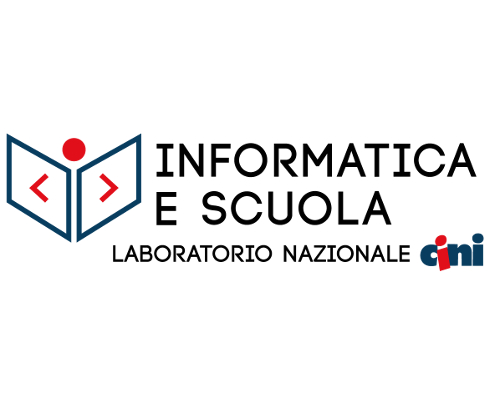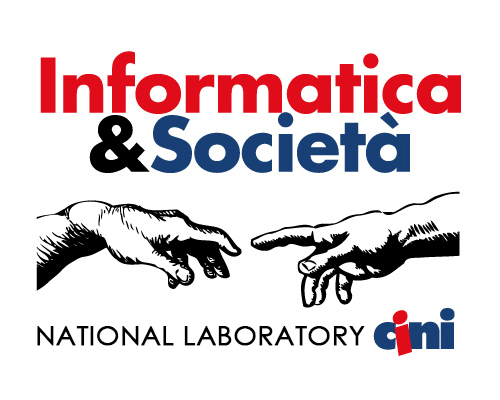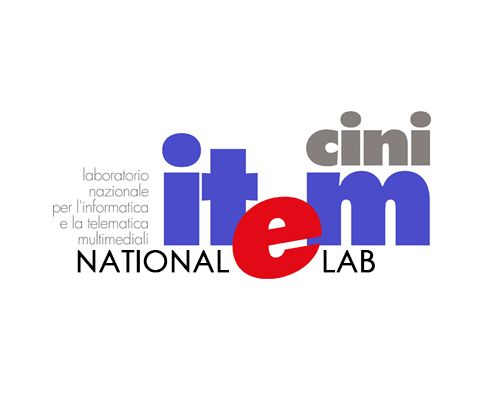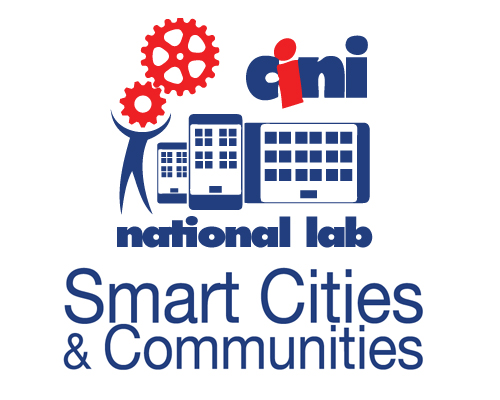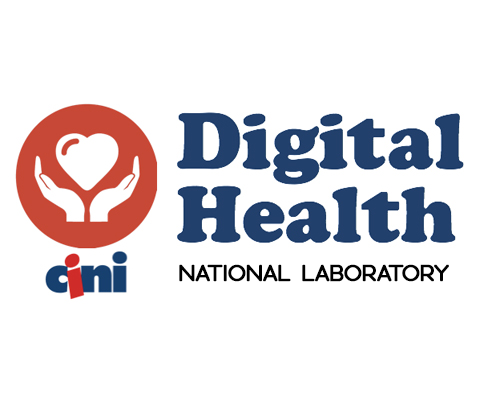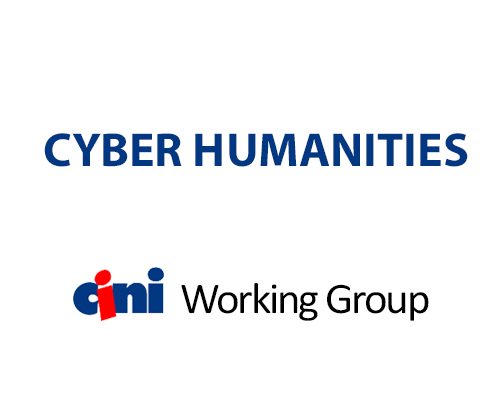September 3‐7, 2018
In conjunction with the 23rd European Symposium on Research in Computer Security
(ESORICS 2018)
The proliferation of IoT devices has led to the production of large volumes of data that can be used to characterize and potentially optimize real world processes. At the same time, the influence of edge computing is leading to more distributed architectures incorporating more autonomous elements. The flow of information is critical in such environments, but the real time, distributed nature of the system components complicates the mechanisms for protecting and controlling access to data.
In distributed collections of autonomous devices, perimeter‐based approaches to security are less effective. Security and privacy mechanisms must take a data‐centric approach to make certain that data is protected as it travels within the system. This would include: data access governance, providing mechanisms to manage data access permissions and identify sensitive data; consent/data subject rights management, enforcing privacy over shared data and allowing organizations to search, identify, segment, and amend sensitive data as necessary; and, providing platforms that help operationalize privacy processes and practices.
One promising direction for the management of complex distributed environments is to make the major elements of the system self‐describing and self‐managing. This would lead to an architecture where policy mechanisms are tightly coupled with the system elements. In such integrated architectures, we need to create new models for information assurance, providing traceability of information and allowing better provenance on information flows.
In this workshop, we aim to focus primarily on policy based mechanisms for governance of data security and privacy. PADG 2018 will consider original and unpublished research articles that propose bold steps towards addressing the challenges of data security and privacy in multi‐site, interconnected processing environments that include autonomous systems. We solicit highquality original research papers and significant work‐in‐progress papers.
Topics of interest include but are not limited to:
- Management of Data Security, Privacy and Trust in Autonomous Systems
- Policy Mechanisms for Security of Collaborative Systems
- Architectures for Secure Autonomic Computing and Cyber‐infrastructures
- Management of Data and Information Quality and Trustworthiness
- Strategies and Algorithms for Security Impact Analysis
- Autonomic Security Management
- Security Analytics
- Autonomic Generation and Evolution of Security Policies, including Access Control and Authentication Policies
- Policy Models and Mechanisms for Safety, Security and Privacy of Cyber physical Systems
Important Dates:
- Submission deadline: June 20, 2018
- Notification to authors: July 25, 2018
- Camera‐ready versions: Aug 1, 2018
- Workshops: September 3‐7, 2018
Paper Submission: https://easychair.org/conferences/?conf=padg2018
Papers should be formatted according to the IEEE Computer Society Proceedings Manuscript
Formatting Guidelines (see link in "formatting instructions" below). Regular papers should be at most 10 pages in this format, including the bibliography and well-marked appendices.
The original settings of textwidth and textheight should be preserved.
The workshop will also accept short paper submissions of up to 6 pages in length. Short papers are for work that makes significant contributions, but that is still in progress, of smaller scale, or that can be reported briefly.
Formatting Instructions
- 8.5" x 11" (DOC, PDF)
- LaTex Formatting Macros
Keynote Speakers: TBA
Program Co-Chairs:
- Seraphin B. Calo, IBM Research, Yorktown Heights, NY, USA
- Elisa Bertino, Purdue University West Lafayette, IN, USA
- Dinesh C. Verma, IBM Research, Yorktown Heights, NY, USA
Program Committee Members:
- Tiziana Catarci, University of Rome, Italy
- Supriyo Chakraborty, IBM Research, Yorktown Heights, NY, USA
- Xiaofeng Chen, Xidian University, China
- Richard Chow, Intel, USA
- Bruno Crispo, KU Leuven, Belgium
- Frederic Cuppens, Telecom Bretagne, France
- Elena Ferrari, University of Insubria, Italy
- Jorge Lobo, University Pompeu Fabra, Barcelona, Spain
- Emil Lupu, Imperial College London, London SW7 2RH, UK
- Surya Nepal, Data61, CSIRO, Australia
- Brian Rivera, Army Research Labs, Adelphi, MD, USA
- Giovanni Russello, University of Auckland, New Zealand
- Vladimiro Sassone, University of Southampton, UK
- Murat Sensoy, Ozyegin University, Istanbul, Turkey
- Munindar Singh, North Carolina State University, Raleigh, NC, USA




